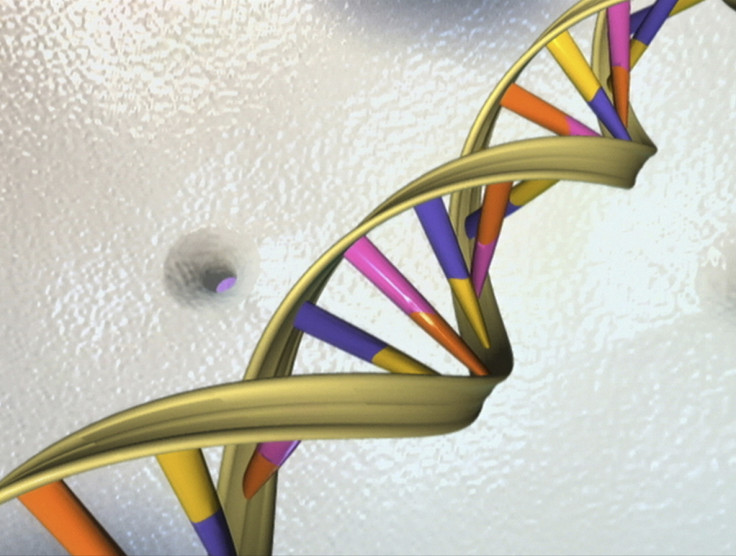Gay Gene Discovery Suggests Sexual Orientation Not a Choice

Scientists have found evidence to support the existence of a male genome which may influence homosexuality.
Dr Michael Bailey, from Northwestern University, studied 400 sets of twins to determine if some men are genetically inclined to be gay.
The study identified two areas on the male genome which appear to be linked to sexuality.
Bailey said: "Sexual orientation has nothing to do with choice. Our findings suggest there may be genes at play and we found evidence for two sets that affect whether a man is gay or straight."
Researchers took blood from 409 homosexual brothers and heterosexual members of their family. It is known that siblings share around 50 per cent of their DNA, but it is possible they have a chance of sharing genes associated with sexual orientation.
While the findings revealed genetics accounted for around 30% to 40% of a man's sexuality, the rest was based on social and environmental factors.
The study was presented at the American Association for the Advance of Science's annual conference in Chicago.
The research builds on work by Dean Hamer, the American geneticist who identified an area on the X chromosome that appeared to influence male sexuality in the 1990s.
Using DNA from gay man and their pedigrees, a gene for homosexuality seemed to be maternally linked and found on the Xq28 stretch of the X chromosome.
The latest study confirms this region is likely to be shared by gay twin brothers than by brothers and their other siblings.
Scientists at Northwestern also identified a second genetic region on Chromosome eight, which seemed to have an impact on whether a man is homosexual.
However, there were no genes discovered to determine sexuality that were obvious among all the participants.
Bailey added that the study was not "completely determinative". He added: "There are certainly other environmental factors involved. The study shows that there are genes involved in male sexual orientation."
Yet the discovery of the potential "gay gene" could lead to an eventual advancement in pre-natal tests.
He added: "Although this could one day lead to a pre-natal test for male sexual orientation, it would not be very accurate, as there are other factors that can influence the outcome."
Richard Lane, of the campaign group Stonewall, told the Telegraph the research pointed to a biological root, but firm evidence was yet to be produced.
He said: "The thing that's consistent is that they all point to sexual orientation being something fundamental to a person rather than the lifestyle choice some opponents of equality repeatedly suggest."
© Copyright IBTimes 2024. All rights reserved.







